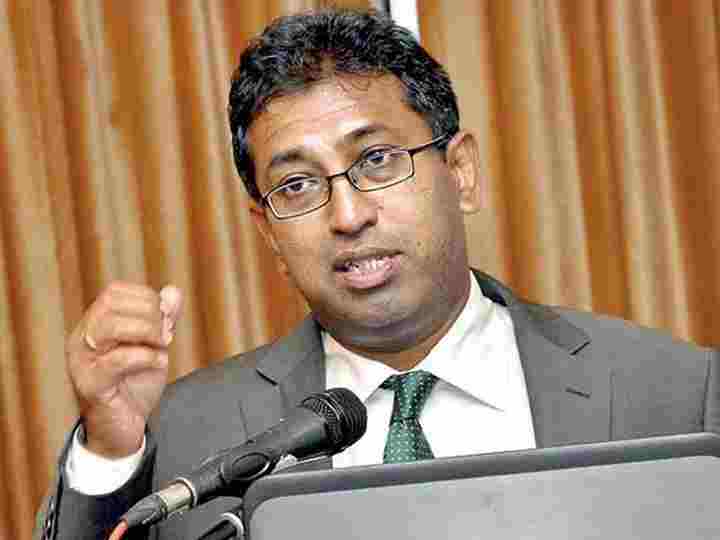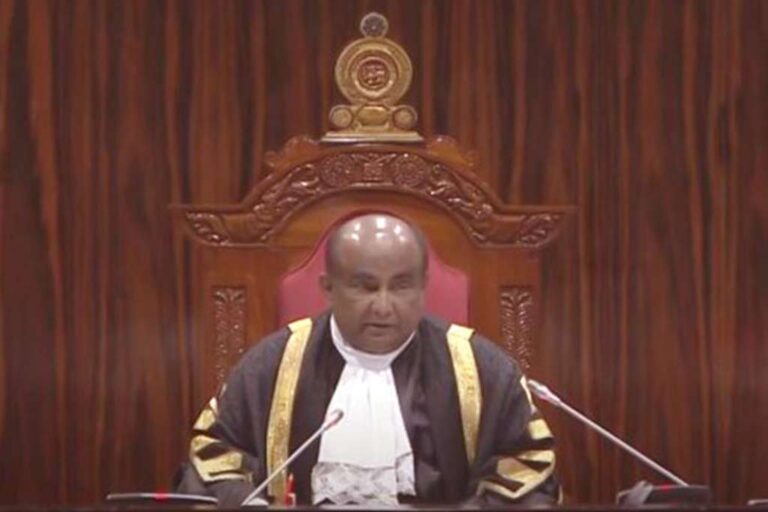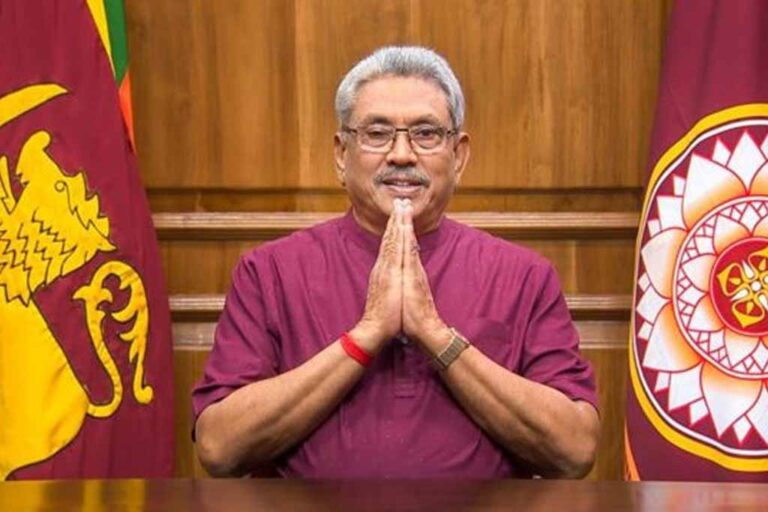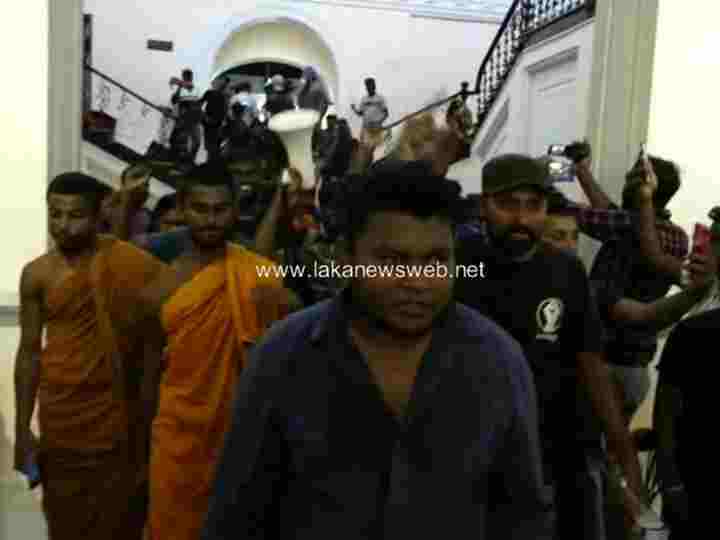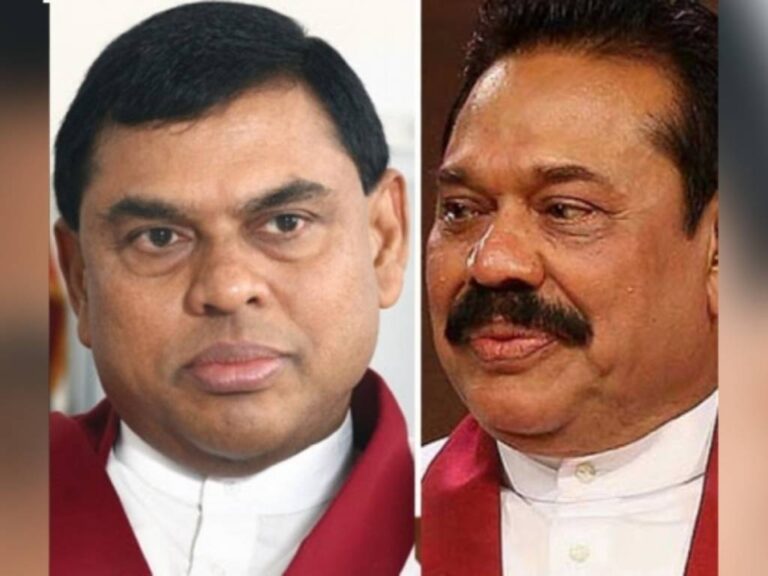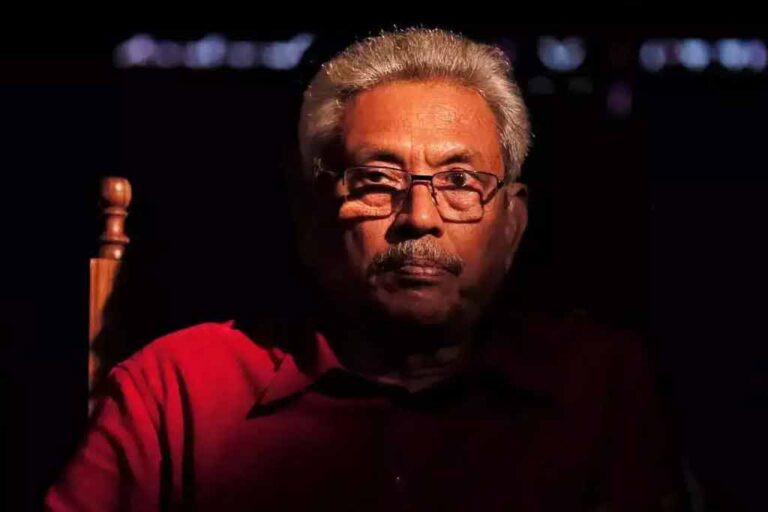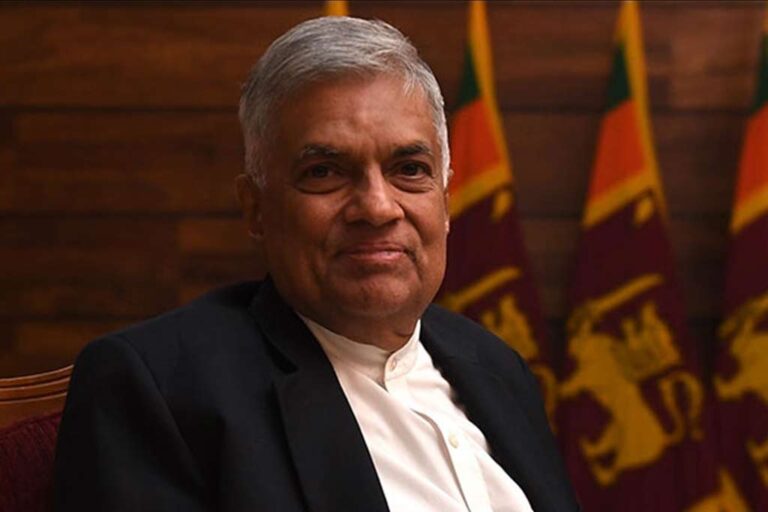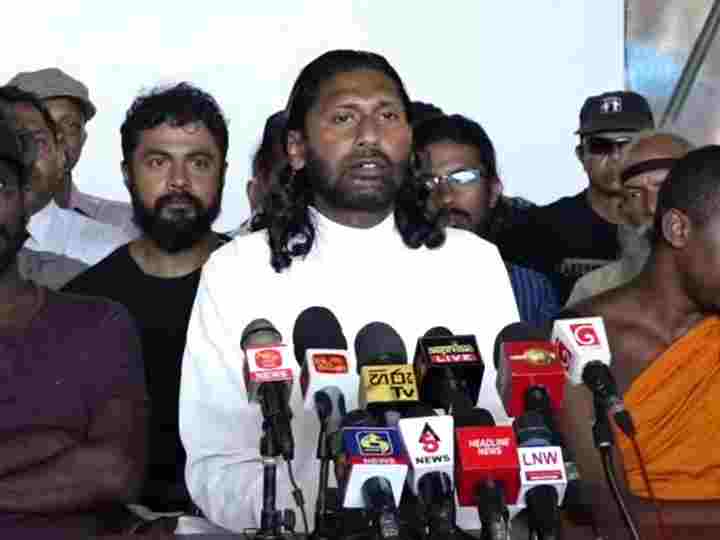The Prime Minister of the All-Party Government will be announced before 10 am tomorrow (15), said Samagi Jana Balawegaya (SJB) MP Dr. Harsha De Silva, on his Twitter handle.
The Opposition MP’s comments come in as the post of Prime Minister is vacant and Mr. Ranil Wickremesinghe who is serving as the acting President infromed the Speaker to appoint a new Prime Minister for an all-party government. The SJB, accordingly, has decided to nominate a Prime Minister candidate.
MP Silva further noted that opposition parties will discuss with various parties and groups in government to collect such a consensus, and the SJB, therefore, has decided to appoint the PM in consultation with and agreement of all the stakeholders.
MIAP

